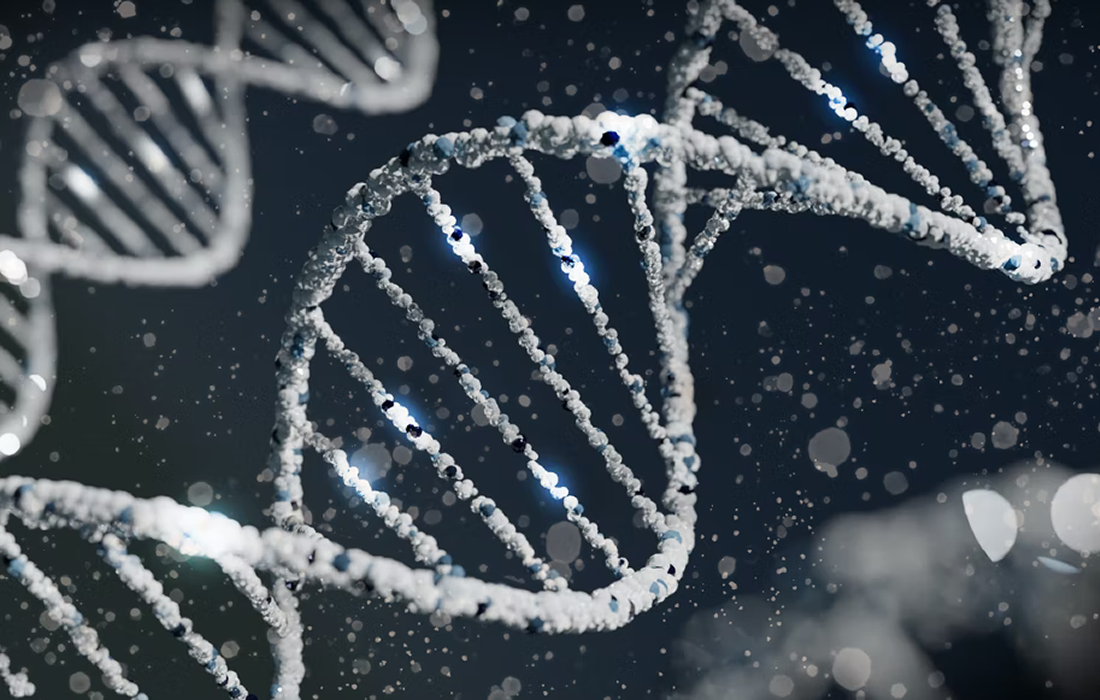Regenerative Medicine News and General Information
Could Genetics Impact Our Microbiome?
Variation in gut microbiome composition underlies numerous human phenotypes and health outcomes, such as immune function, metabolic disorder, cancer, and psychiatric traits. These variations have been attributed largely to environmental factors, including diet, antibiotic exposure, and birth modality.
Some studies have identified genetic associations with the overall composition of the gut microbiota, in addition to heritable taxa.
New research from scientists from Cornell is exploring how human genetics impacts the functions of the gut microbiome and is expanding our understanding of the role of human genetics in shaping the microbiome. The study appears in the journal Scientific Reports.
Human genetic makeup affects gut microbiome
The study included a total of 250 individuals from the TwinsUK cohort. The researchers identified single nucleotide polymorphisms (SNPs) in microbiome-associated metabolic traits (BMI, blood pressure) and microbiome-associated disorders (type 2 diabetes, some neurological disorders), and certain cancers.
The team found that common microbial functions such as secretion system proteins and antibiotic resistance were found to be associated with host genetics.
The trillions of individual organisms constituting a person’s gut microbiome greatly impact metabolic function, disease, and overall health. What has been less clear is how and to what extent the gut microbiome is, in turn, shaped by the genome of its human host, which apparently is.
Source:
Felicia N. New, Benjamin R. Baer, Andrew G. Clark, Martin T. Wells, Ilana L. Brito. Collective effects of human genomic variation on microbiome function. Scientific Reports, 2022; 12 (1) DOI: 10.1038/s41598-022-07632-3
Cornell University. “Genetics affects functions of gut microbiome.” ScienceDaily. ScienceDaily, 18 April 2022. <www.sciencedaily.com/releases/2022/04/220418122937.htm>.
Image from:
Photo by Sangharsh Lohakare on Unsplash

